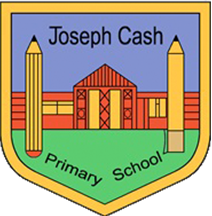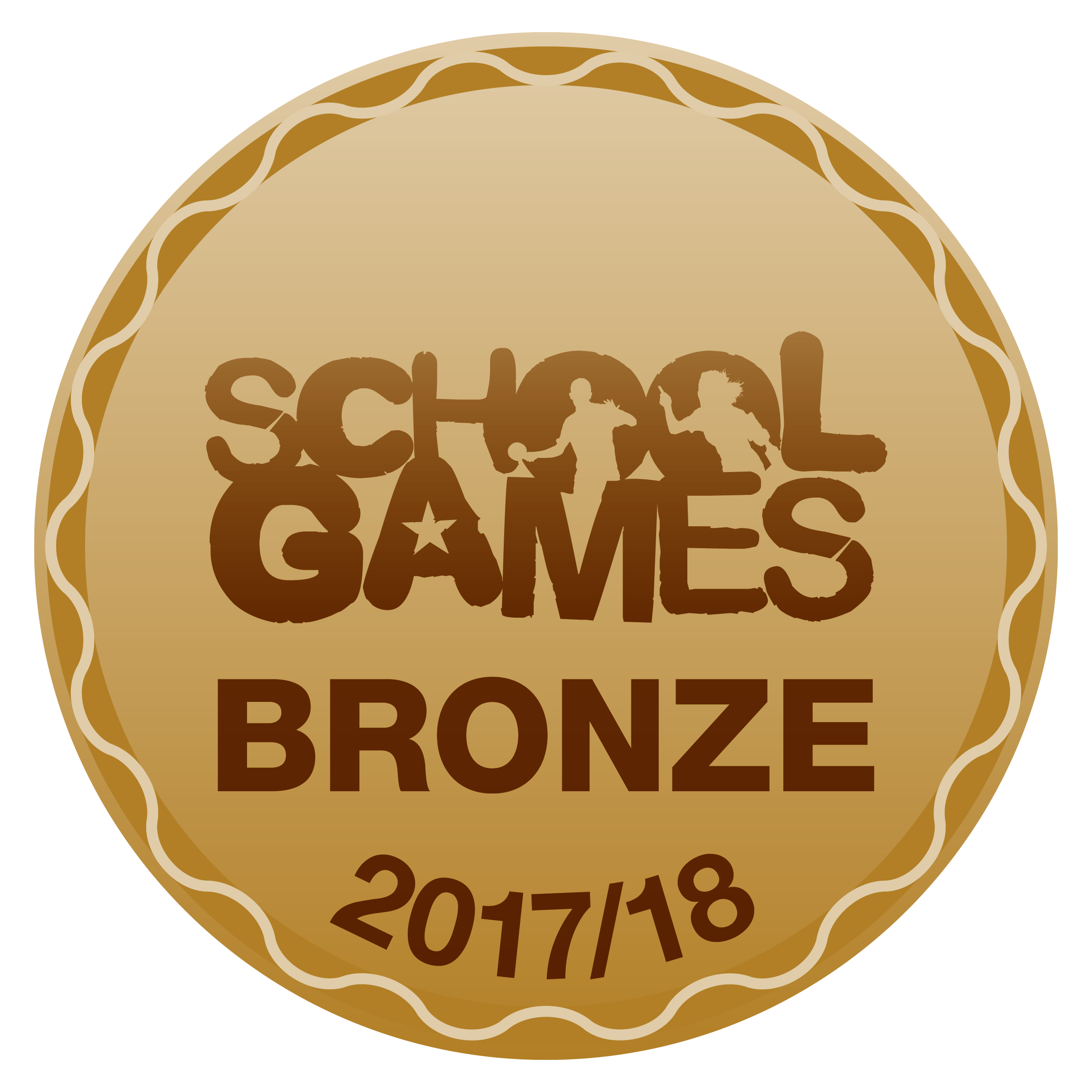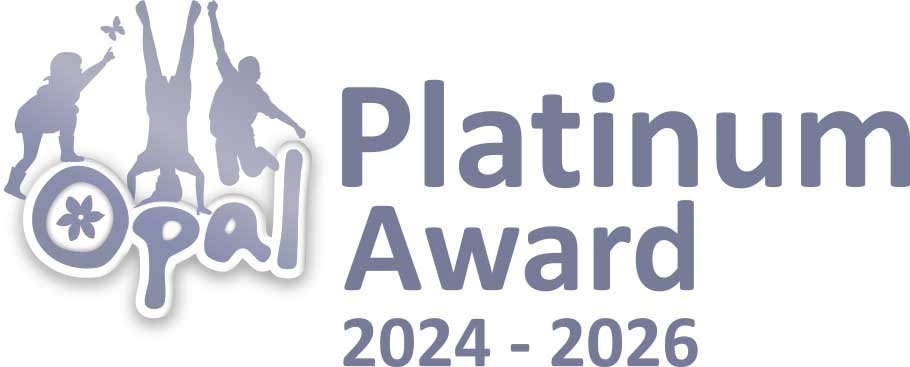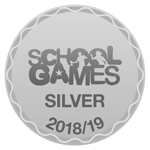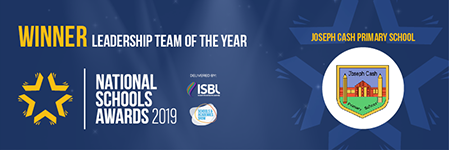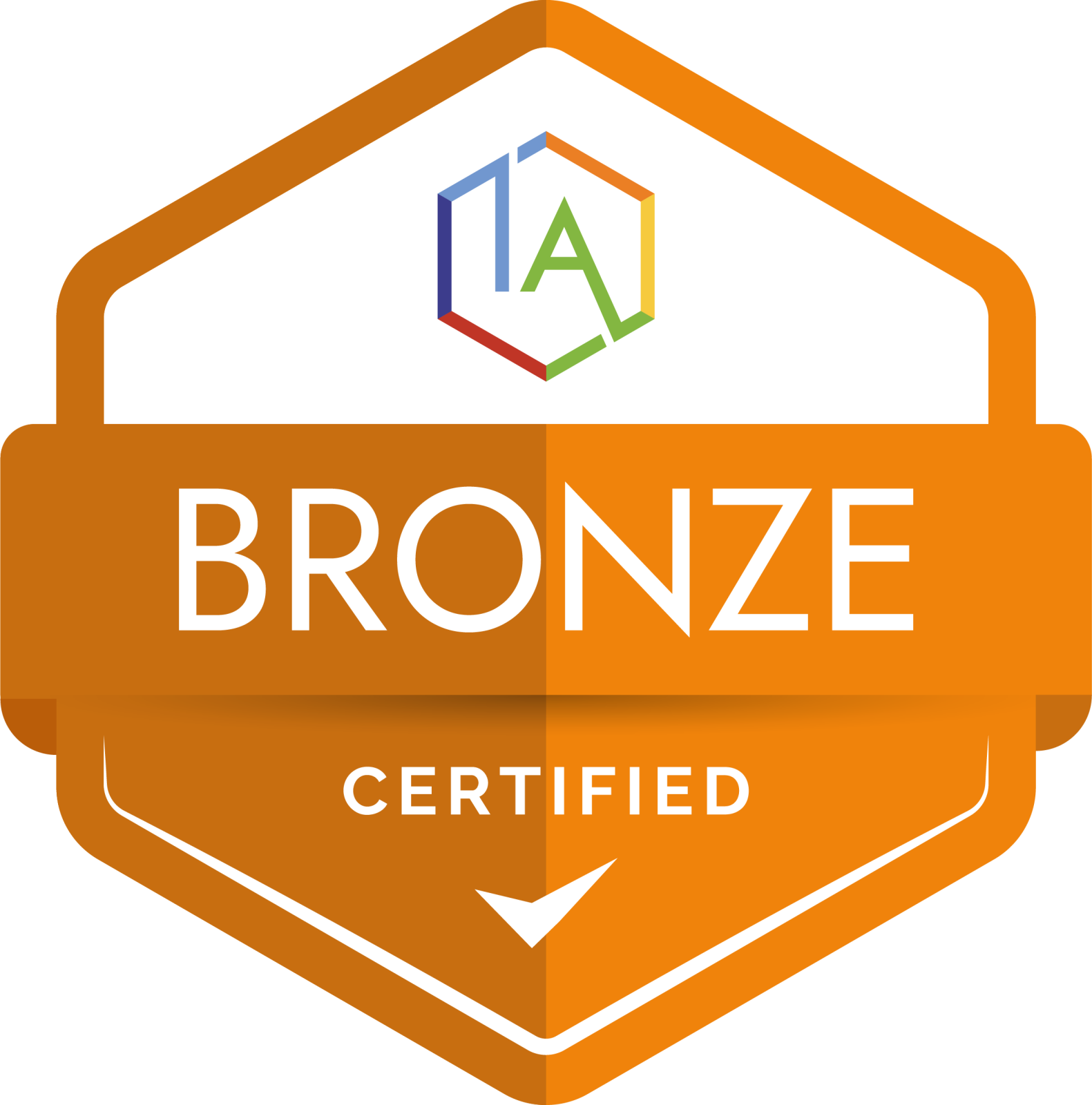Maths
JC Maths: Vision and Aims
Here at Joseph Cash, we recognise that mathematics is a fundamental part of daily life that underpins the skills required in many other curriculum areas, as well as in the wider world. We aim to deliver an engaging mastery curriculum which develops pupils’ ability to make connections and secure transferable skills. We have high expectations for all our pupils and aim to build citizens of the future who are resilient, confident mathematicians with a deep and secure understanding that they can draw upon throughout their life. At the heart of our teaching for mastery curriculum are opportunities for the children to become proficient and fluent in concepts, reasoning and problem solving so they foster and develop resilience as mathematicians.
Overview of Maths at JC
We have 4 core maths lessons in a week, in which children focus on one small step and solve problems in a number of ways to develop their conceptual and procedural understanding.
The JC Big Six are included within all lessons through the structural design as detailed below.
The White Rose aligned Power Maths scheme of work forms the structure of our maths curriculum. Teachers enrich lessons using resources from other publishers including White Rose and the NCETM (The Ready to Progress Materials, along with the linked Oak Academy resources if required), which are then adapted to meet the needs of individual pupils.
A tailored curriculum provides long and medium-term plans which are flexible and adapted as required.
The calculation policy is followed to ensure clear progression of key concepts, concrete resources, pictorial representations and skills across year groups.
In addition to the daily maths lessons, children receive MOT (Maths on Track) sessions 4 times a week for 30 minutes, which are dedicated to fluency and retrieval practice. In Years R, 1, 2, 4 and 5, the 15-minute fluency part of the session follows the NCETM Mastering Number Programme.
The NCETM’s Five Big Ideas of Teaching for Mastery are woven through all lessons.
During a lesson, all children will have the opportunity to use carefully chosen concrete resources and work with their class to unpick a mathematical concept and develop fluency, reasoning and problem-solving skills. The use of resources and manipulatives develops the children's understanding of the concept and supports the development of the three mathematical strands that are woven throughout each lesson.
Through the use of concrete and pictorial resources, alongside the provision of carefully considered scaffolding, all children in the school are supported and able to make progress in maths. Lessons aim to provide challenge for children who grasp a concept quickly and are confident; they are encouraged to apply their understanding in a variety of ways, actively discuss the maths concept at the heart of the Focus of the lesson, to spot patterns and be flexible in their practice.
The Core JC Maths Lesson
Each lesson follows the same structure. Timings are approximate and will vary depending on the content of each lesson. 
Discover Task (Explore and Share)
Anchor tasks are used to assess children’s understanding of key concepts linked to the lesson, usually built on previous years’ learning; it is a stepping stone to the current lesson. Children work with their peers to solve the task using concrete resources to support. We use the Power Maths ‘Discover’ tasks as our anchor tasks, unless there is a particular reason for adapting the lesson.
Explore it
- Share Discover task with pupils. Pupils have a copy in front of them and one also on the board. In KS1, pupils will have a printed version, while KS2 will view theirs on Showbie.
- Read through with pupils to check understanding. Do they know what the words mean?
- Introduce children to physical resources that will support them.
- Give pupils around ten minutes to use resources and a whiteboard to explore the problem.
Share it:
- Take feedback from children and model methods they share on flipchart. Children can come up and model also, or you can use the iPad as a visualiser to share pupils’ thoughts and ideas with the rest of the class. Pupils agree/build/challenge others’ ideas.
- Give them a few minutes to journal, showing any key methods for answering the question from the anchor task. Pupils can write down a stem sentence to scaffold further learning, or note down any reminders, drawings or key facts that might help them during the lesson.
- Share with children the key methods you will be using in today’s lesson.
Guided Practice
Episodic, whole-class teaching, with ping-pong style interaction between pupils and teachers, exploring a concept through a variety of methods and examples:
- - ‘What it is…’ - standard example
- - ‘What it is also…’ non-standard example (designed to offer variation)
- - ‘What it is not’ – an active argument – why is it not?
Pupils have a go at each question before teacher checks understanding by pupils holding up whiteboards for example. Scaffolding should be gradually reduced. There should be continuous AFL to ensure teacher is aware of any struggling learners – these can be brought together to work in a group with the teacher. Those who are ready move on to Independent Practice.
Independent Practice:
Independent Practice is carefully planned to offer children the opportunity to independently apply what they have learned to answer a variety of questions in a range of contexts, including word problems, reasoning questions, active arguments and multi-step problems and puzzles. There shouldn’t be a huge raft of similar questions for children to answer – a small number of carefully selected questions and challenges through which the Five Big Ideas are weaved is more effective in developing pupils’ mathematical thinking and understanding.
In KS1, pupils have printed sheets and resources as necessary and learning is recorded in journals or through photographs of practical learning opportunities, which are then uploaded onto Showbie.
In KS2, the majority of tasks are shared via Showbie, and pupils complete learning in their journals under the appropriate headings, ie. ‘Discover’, ‘Independent Practice’, ‘Dong Nao Jin’.
Pupils should be encouraged to lay out their work neatly and systematically, showing all their working out and a range of methods, as well as writing written explanations.
Dong Nao Jin:
Dong Nao Jin translates to “use your head”. Pupils are challenged with either a word problem or a task that brings in mathematical concepts taught during the lesson and previously.
Independent Practice should end and all pupils should take part in the Dong Nao Jin, working in mixed-ability pairs to attempt to solve the problem, before going through as a class.
Please click the links below to read more about the mastery approach to maths and about why a growth mindset is so important!
Mastery Factsheet for Parents Growth Mindset Factsheet for parents
Calculation Policies
Reception Calculation PolicyTimes Table Rock Stars and the JC World Tour...

Intention
When it comes to times tables, speed AND accuracy are important – the more facts your child remembers, the easier it is for them to do harder calculations.
Times Table Rock Stars is a fun and challenging programme designed to help students master the times tables! To be a Times Table Rock Star you need to answer any multiplication fact up to 12×12 in less than 3 seconds!
How to get the most out of it
World famous rock musicians are the best at what they do because they've spent hours practising guitar chords, writing music or playing on the drums. It's just the same with times tables – all Times Table Rock Stars need to practise and practise and practise.
It's essential that your child does a little bit of times table practice every night. Short bursts of daily practice are more effective than spending hours once a week.
And this is where you come in. For your child to be fully motivated and for them to get the best out of the practice, they need your help. Without your praise and your reminders, without you sitting down next to them or checking their work, practising times tables will not feel important to your child.
In this guide, we have set out a plan for you to follow. It's the same plan every night but the times tables do change. Our recommendation is that you are there to help them every evening for half hour during the first two weeks. This will help to establish a routine. After that, we recommend that you help your child get started for the first 10 minutes and then check on them at the end.
Over the next few weeks and months, your child WILL get faster and more accurate with the times tables. All your hard work and theirs WILL make them a Times Table Rock Star!
Rock Status
It’s helpful to understand that the quicker your child can answer a times tables question, the higher their Rock Status. This list is a guide to help your child work out their Rock Status:
|
≤ 1 sec/qu = Rock Hero ≤ 2 secs/qu = Rock Legend ≤ 3 secs/qu = Rock Star ≤ 4 secs = Headliner ≤ 5 secs/qu = Support Act ≤ 6 secs/qu = Breakthrough Artist |
≤ 7 secs/qu = Unsigned Act ≤ 8 secs/qu = Gigger ≤ 9 secs/qu = Busker ≤ 10 secs/qu = Garage Rocker > 10 secs/qu = Wannabe |
Practice Plan
Below is an example plan for your child to follow in order to successfully learn their times tables:
Read the times tables out loud (3 minutes) –you will find a link below to download all the times tables written out from the 3s up to the 12s. Together with your child, read the times tables that we are focusing on that week. Do it a second time round but this time your child should be trying to say them without reading them from the page. It is more important that they say them correctly than say them quickly at this stage.
Scatter tables (up to 5 minutes) – you will find a link below to download Scatter Tables at the end of this document. To use them, you call out a question from the times table you are focusing on and your child should point to the answer on the page. For example, if you are concentrating on the 5 times table, then find the Scatter Table for the 5s and call out questions like, “9 times 5” (your child points to 45), “6 times 5” (your child points to 30) or “5 times 12” (your child points to 60). Your child should be trying to get them correct each time and not worrying about the speed.
Write tables on a piece of paper (up to 5 minutes) – Your child should write down the times tables being focused on that week. Any piece of paper will do.
Play online (up to 10 minutes) – Your child needs to have a login for ttrockstars.com from their class teacher. Then they should play for a short while until they are successfully answering the questions quickly. Let your child’s teacher know if you have difficulty accessing the internet at home or if you have difficulty getting on to ttrockstars.com. You can also use the contact details on the website for assistance.
Total: approximately 25 minutes
There is also a link below to some downloadable multiplication and division sheets below if your child wishes to practise further.
Scatter Tables Times tables list to learn
Times tables practice sheets TTRS Parent Help
How you can help at home
How you can help at home...


